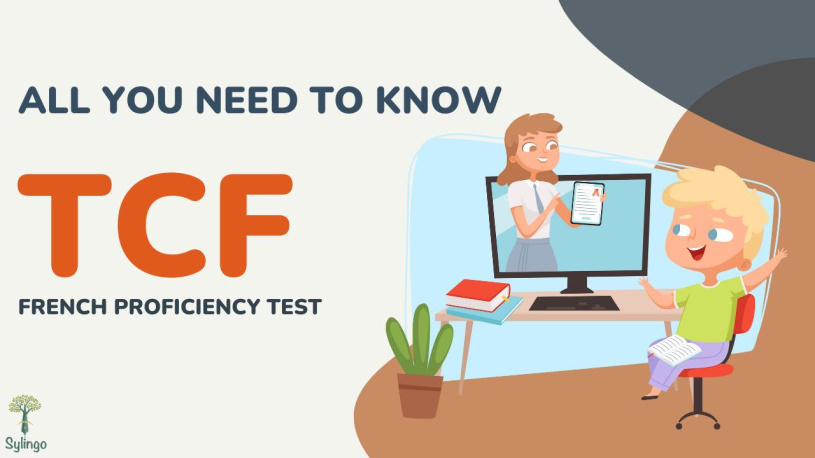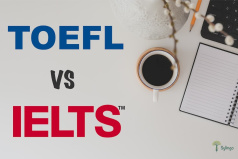Are you considering studying, working, or immigrating to a French-speaking country? Understanding the TCF (Test de Connaissance du Français) could be pivotal in your journey, akin to the significance of TOEFL for English language proficiency. Let's delve deeper into what TCF entails and how it equates to CEFR levels.
Understanding the TCF Test:
TCF, or Test de Connaissance du Français, is a French language proficiency test, serving as the French counterpart to TOEFL. Individuals who undertake the TCF receive a certificate that validates their French language proficiency level for a duration of two years. The test can be taken either on a computer or in a paper-based format. Unlike DELF or DALF, TCF determines proficiency levels according to the CEFR (Common European Framework of Reference for Languages), ranging from A1 to C2.
TCF versions:
The TCF assesses proficiency in four key language skills: listening comprehension, reading comprehension, speaking, and writing. It's come in various versions, each serving specific purposes. Here's a breakdown to help you understand them better:
1- TCF Tout Public:
-
This test is required for university registration.
-
It includes three mandatory tests that you must pass.
2- TCF DAP (Demande d’admission préalable):
-
If you're applying for a bachelor's degree in a French university or admission to the first year of an architectural engineering college, you'll need to take this test.
-
It consists of three mandatory tests, plus a written expression test, and sometimes an oral expression test, depending on the institution.
3- TCF pour la carte de résident en France:
-
This test is necessary for obtaining a residence card in France.
-
It evaluates listening, reading, writing, and speaking skills.
-
You need to achieve at least an A2 level overall, with A2 level in three out of four tests, and A1 level in one out of four tests.
4- TCF ANF (Accès à la nationalité française):
-
If you're seeking French citizenship, you'll need to take this test.
-
It only includes oral expression and oral comprehension tests, and you must achieve at least a B1 level.
-
The minimum score required is 300 for the oral comprehension test and 6/20 for the oral expression test.
-
There are exceptions for certain cases, such as if you already have a DELF or DALF diploma or if you are over 60 years old. In these cases, you'll need confirmation from the prefecture.
5- TCF pour le Québec:
-
This test is for individuals applying for immigration to Quebec.
-
It includes tests for oral comprehension, written comprehension, oral expression, and written expression.
-
You must achieve at least a B2 level overall.
-
TCF pour le Québec awards points for your immigration application, but it's not the only document required.
-
The oral expression and oral comprehension tests carry a significant weight in terms of points.
Mastering the different versions of the TCF is key to achieving your French language goals. Whether it's for studies, residency, citizenship, or immigration, each TCF variant offers a specific path to assess your proficiency. By understanding the requirements of each test, you can prepare effectively and confidently embark on your language journey. With proficiency in French, you'll open doors to endless opportunities in personal, academic, and professional realms.














